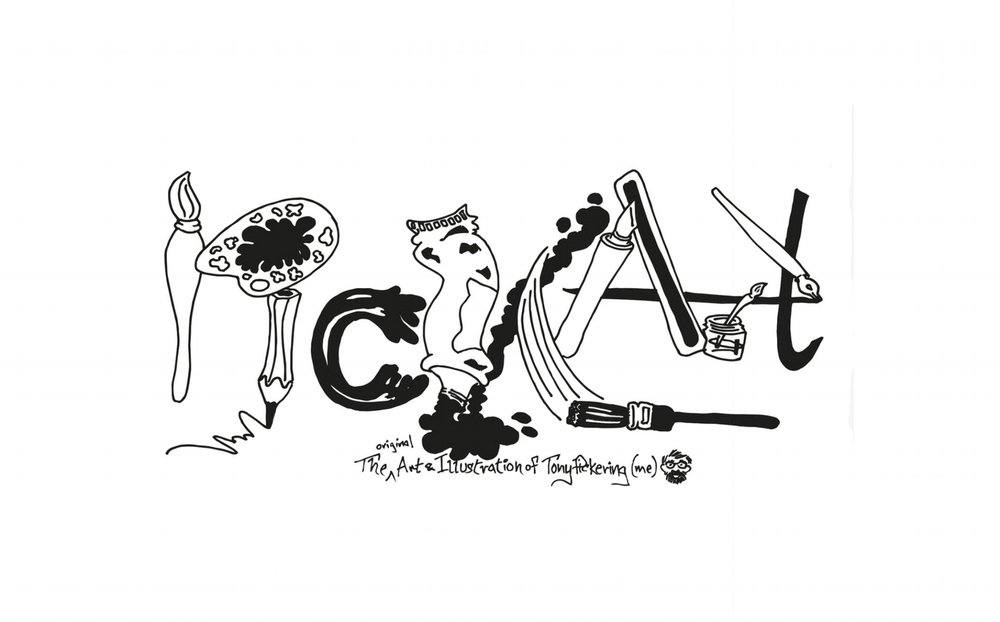A festival of the dead? As the nights grow darker? Why should this be? Well the cynical response (and my traditional one) might be that we need another holiday to stimulate the market in cards and general tat that is produced for the festivities - and that darkness is more scary. Also sweet makers know a good thing when they see it, and what better market than small children demanding candy with menaces - the cute and the horrific all wrapped up in a nice black ribbon.
Yet the mixing of the alive and dead is a tradition in many cultures, and while I am ambivalent about trick or treating, I am attracted to the idea that a mortal culture should address the place of the dead, and memory in our lives. We should engage with what death means in order to understand what it means to be human, inventive, imaginative, aspirational and fundamentally afraid.
This is 'All Hallows Eve', the night when the veil between the living and the dead is drawn back, so that souls may walk again amongst us. A night that has become synonymous with the gruesome, the gothic, and the breaking of boundaries. From the dressing up, to the challenging of fears, to the ritual and the high camp, Halloween has become a night when the normal order of society breaks down. Based on the medieval belief that spirits walk the earth to cause mischief before 'All Saints Day', to disrupt the living, this is a night when our fears are confronted and let loose on our society. It is, if you like, a collective breathing out, a release of pent up tension, the time to go a little crazy and test the elastic of life. In this spirit I been having fun with pumpkins, turning my garden pathway into a tunnel of nightmares , making each step towards candy (actually a tin of Heroes) more apprehensive.
In Britain Halloween runs close to the remembrance/celebration of The Gun Powder Plot (and the death of arguably the only man to go to parliament with a useful purpose), an attempt to challenge orthodoxy of behaviour - although an especially inept attempt by the forces of authority to change the point of power. Yet this moment has become associated with revolution - not least because of the mask of Anonymous made popular through Alan Moore's V for Vendetta and the 'Occupy' movement. Here too is a time that makes us think about who and what we are, as people, but also as a society. The symbol of the bonfire drifting into the sky, both conjuring images of hell, and cleansing the ground beneath ready for re-growth in the coming year.
We are given this mortal coil to roam, but our use of it must be judged against what we owe to those who came before, and who will come after.
